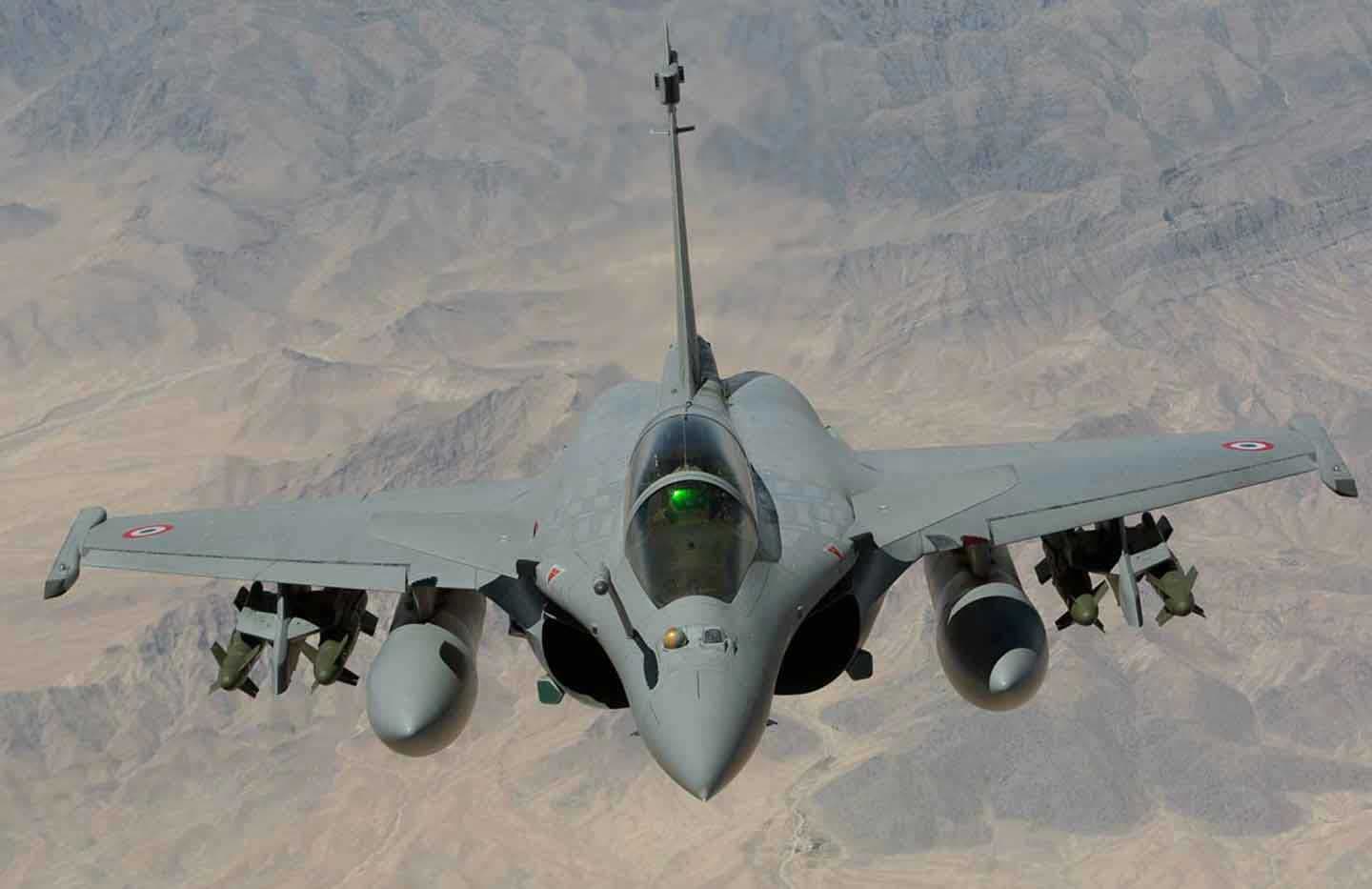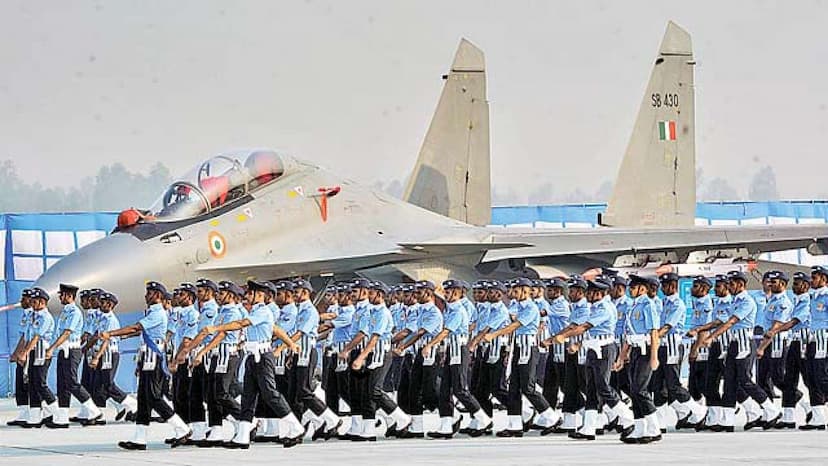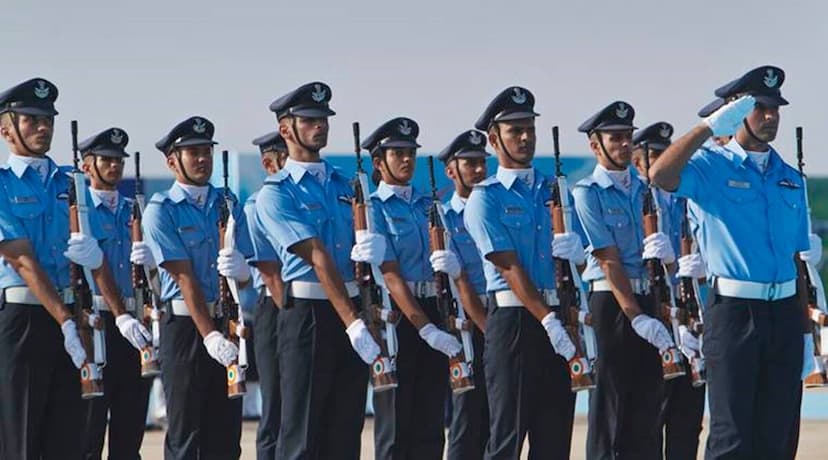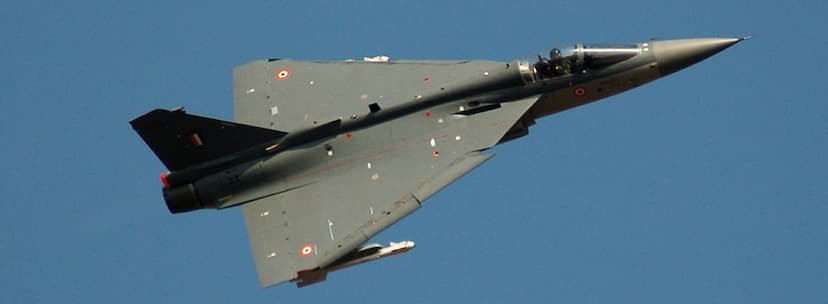IAF recruitment 2021: Be a part of the great organisation

IAF recruitment 2021 is all about inviting application for vacancies in Flying Branch and Ground Duty branch of Indian Air Force.
IAF (Indian Air Force) is inviting applications for grant of Short Service Commission (SSC) in Flying Branch and Permanent Commission (PC) in Ground Duty (Technical and Non Technical Branches).


IAF recruitment 2021
Applications are also being invited from eligible candidates for grant of PC and SSC through NCC Special Entry Scheme for Flying Branch and for Meteorology Branch.
PC and SSC
Permanent Commission (PC)
Individuals applying for IAF recruitment 2021 must remember that candidates who get PC (Permanent Commission) would continue to serve till the age of superannuation as per their branch and rank.

Short Service Commission (SSC)
Individuals applying for SSC through this IAF recruitment 2021 must know that the engagement period for Flying Branch SSC officers is 14 years from the date of Commissioning (Non extendable).
The initial tenure for SSC officers in Ground Duty (Tech and Non-Tech) branches would be for a period of ten years.
An extension of four years may be granted subject to service requirements,
availability of vacancies, willingness, suitability and merit.

Grant of Permanent Commission (PC) would be considered subject to service requirements, availability of vacancies, willingness, suitability and merit.
Age limit
The age limit of candidates applying for IAF recruitment 2021 depends on the branch the candidates are applying for.
Flying Branch
Individuals who wish to join this branch through IAF recruitment 2021 must be 20 to 24 years as on 1 July 2022.
They should be born between 2 July 1998 to 1 July 2002 (both dates inclusive).

Upper age limit for candidates holding valid and current Commercial Pilot License issued by DGCA (India) is relaxable upto 26 year – they should be born between 2 July 1996 to 1 July 2002 (both dates inclusive).
Ground Duty (Technical and Non-Technical)
Individuals willing to be a part of this unit through this IAF recruitment 2021 must be 20 to 26 years as 1 July 2022 – born between 2 July 1996 to 1 July 2002 (both dates inclusive).

Training
Individuals who get selected through this IAF recruitment 2021 will have report for training in the first week of July 2022 for all courses.
The training will be imparted at Air Force Academy at Dundigal in Hyderabad.
The duration of training for Flying and Ground Duty (Technical) Branches is 74 weeks and that of Ground Duty (Non-Technical) Branches is 52 weeks at Air Force Training Establishments.
PAN Card and account in SBI/ Nationalised Bank is mandatory at the time of joining Air Force Academy. Aadhaar Card is mandatory for registration.
Stipend
Flight cadets shall receive a fixed stipend of Rs 56,100 per month during one year training.
Eligibility
Applicants for this IAF recruitment 2021 must be an Indian citizen and should have passed a bachelors degree.
Candidates should have mandatorily passed with a minimum of 50% marks each in Maths and Physics at 10+2 level and degree from any discipline with 60 percent pass marks.
BE/BTech candidates with 60 percent pass marks can also apply.
Read More – Easiest exams in India

Point to remember
Applicants can visit the official website for IAF recruitment 2021 at ‘https://afcat.cdac.in/AFCAT/index.html’ and scroll down the page and click the button ‘Click Here to Download Notification/Instruction for AFCAT 02/2021’ to know all about the vacancies and eligibility condition for applying for them.
How to apply
The procedure to apply is online. Applicants can visit the official website at ‘https://afcat.cdac.in/AFCAT/index.html’
Soon after the webpage downloads, candidates can click the link ‘Candidate Login’ and choose another button ‘AFCAT 02/2021’
Individuals have to click AFCAT 02/2021 and commence registration to obtain username and password.
Post registration, applicants have to login username and password and start applying for IAF recruitment 2021.
Applicants have to fill the required information, upload the needed documents, pay the registration fee and submit the application form.
Registration fee
The registration fee for applying for this IAF recruitment 2021 is Rs 250.
However, candidates registering for NCC Special entry and Meteorology are not required to pay.

Candidates who have opted for Ground Duty (Technical) branch through this IAF recruitment 2021 have to appear for Engineering Knowledge Test (EKT).
After passing the written test, applicants have to appear for physical, medical and personality test.
Candidates who have passed the second phase comprising physical, medical and personality test will be selected.
Important dates
The application submission for IAF recruitment 2021 began on 1 June. The last date to submit is 30 June.
Admit card for the written exam will be made available for download 15 days before the exam.
AFCAT and EKT exam will be conducted from 28 August to 30 August.
Exam pattern
AFCAT test will comprise will have questions on general awareness, verbal ability in english, numerical ability and reasoning and military aptitude test.
The duration of AFCAT test is two hours and total number of questions is 100 and total marks are 300.
EKT has questions on mechical, computer science and electrical and electronics engineering branches for 150 marks.
Point to remember
Applicants have to visit the official website ‘https://afcat.cdac.in’ after 9 August to download the admit card.
Applicants for IAF recruitment 2021 will receive their hallticket on the registered email id.
Individuals who have not received their admitcard on their email or are not able to download can call the phone numbers 020-25503105 or 020-25503106.
Queries can be emailed to ‘afcatcell@cdac.in’
The duration of EKT is 45 minutes and has 50 questions.
S Vishnu Sharmaa now works with collegechalo.com in the news team. His work involves writing articles related to the education sector in India with a keen focus on higher education issues. Journalism has always been a passion for him. He has more than 10 years of enriching experience with various media organizations like Eenadu, Webdunia, News Today, Infodea. He also has a strong interest in writing about defence and railway related issues.






